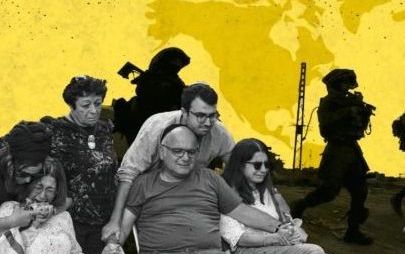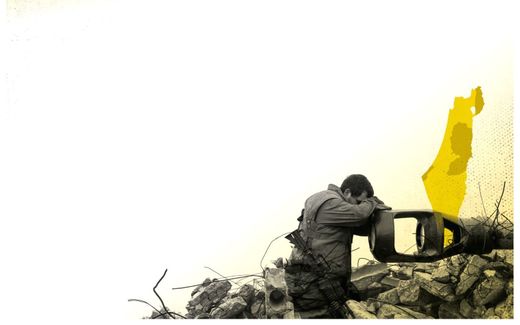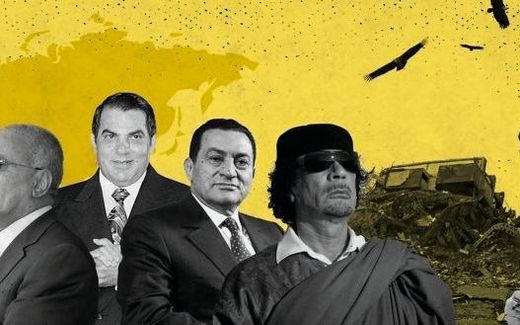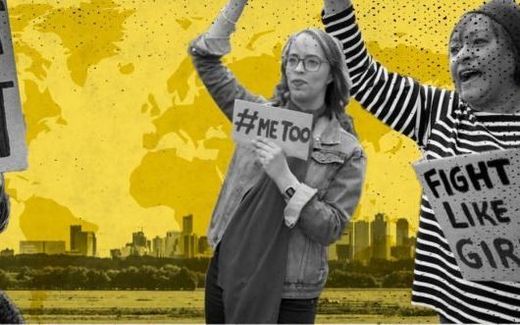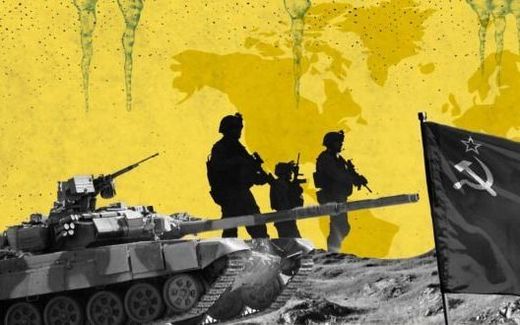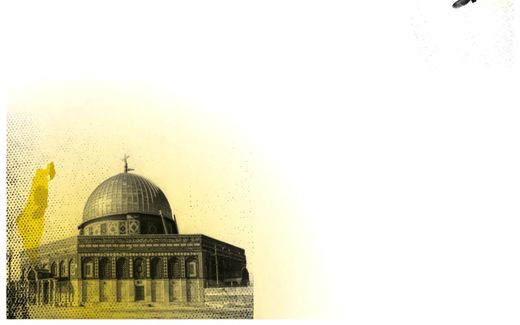Nagorno-Karabakh: When values are trampled by brute power politics
20-01-2024
Opinion
Jacob Hoekman, RD
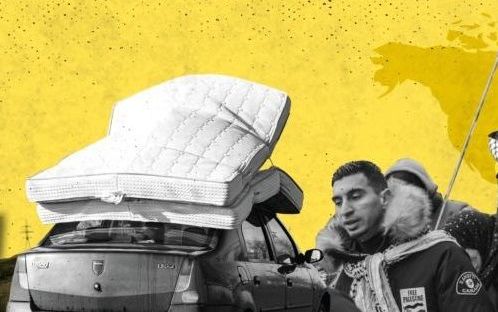
Photo RD
Opinion
Ever since late last year, I have wanted to devote an episode to what I believe has received far too little attention: the end of the Armenian enclave of Nagorno-Karabakh. In September, that enclave was overrun by Azerbaijan's much stronger army.
The approximately 120,000 Christian Armenians panicked and sought refuge in Armenia via a narrow mountain pass, fearing they would all be massacred. The latter, fortunately, did not happen, unlike previous Armenian genocides.
But the result is the same: Nagorno-Karabakh as an Armenian enclave has officially ceased to exist since 1 January. After almost 2,000 years, the Christian presence in this ancient mountain country has come to an end. This is why some refer to it as the "first successful ethnic cleansing of the 21st century."
Rules-based order
I had not written about it before in this column because less than a month later, the news from Armenia was entirely overshadowed by the war in Israel. That one was of a completely different order. Armenia is not Israel, if only because of the eschatological and prophetic connotations associated with Israel. Still, from an international point of view, are there perhaps parallels to be drawn here?
To answer that question, it is important to understand first how the current international order works (or does not work). It does not look at prophecies but at rules and laws. At least, that is the idea. Since World War II, there has been talk of a liberal international order led by the United States. That order is "rules-based", based on mutual agreements on, for instance, the autonomy of countries and on international values that must be respected, such as human rights.
When Russia invaded Ukraine in 2022, based on the liberal international order, there was no question who was at fault. That was Russia, which violated Ukraine's autonomy and thus flouted international values. What followed was an unending supply of Western weapons to Ukraine to counter Russia – until today. Every one of those Western weapons tells Russia to stay away from our "rules-based order". But every weapon deployed by Russia effectively says: we are no longer participating in this order of yours.
Autonomy
Not only in Ukraine, the same issue also played out between Armenia and Azerbaijan. There, too, the liberal order proved unable to provide answers. Nor could it. The rule-based order has always said that within its borders, a state can independently do whatever it wants. Since Nagorno-Karabakh is officially part of Azerbaijan, it was, therefore, difficult to suddenly call the country to account for that now.
Of course, it could have been because apart from that state autonomy, there are also international values. That these were violated in Nagorno-Karabakh was obvious. Yet even that did not yield anything. The EU, which likes to be known as a community of values, did protest but did not implement any consequences.
You don't have to be a great seer to suspect a relationship with the massive gas contract the EU had signed with the government of Azerbaijan shortly before. Values are nice and all, but Nagorno-Karabakh had little to offer, and, in the end, hard interests took precedence. Power politics took over from ideals, and not for the first time. The much-vaunted international order once failed again.
Guilt
And what about Israel? That country is a declared ally of Azerbaijan. Israel supported the Baku government with large amounts of arms in the run-up to the Nagorno-Karabakh tragedy. In Israel itself, this caused uncomfortable questions. "Israel has profound questions to ask about blame for past and future events," Israeli political analyst Dahlia Scheindlin wrote about Nagorno-Karabakh, a week before Hamas' attack on 7 October in the Ha'aretz newspaper.
For her, how Azerbaijan, with Israeli support, subdued Nagorno-Karabakh is an "example of conflict resolution through crushing force, revealing the failures of a post-war, rules-based order that many consider a farce anyway".
The issue she raised was made all the more urgent by the Israeli invasion of Gaza the following week. Numerous analysts note that Gaza is another example of how shaky the liberal world order actually is. Some of this criticism comes from predictable quarters, such as Turkish former president Gül and Jordanian King Abdullah, but also from experts from both the left and the right of the political spectrum. Their objection: the supposed liberal order still serves mainly to defend Western interests, for better or worse. It no longer has much to do with universal values.
Shared values
Note that this is not a question of whether Israel has the right to defend itself or target Hamas. Even Israeli critics of the government do not deny that. Nor is it about whether or not Israel holds a special place for many Jews and Christians.
What is at issue is whether an international order in which the crude exercise of power is increasingly taking over the role of shared values is not in need of fundamental revision. That is a question that cannot be answered tomorrow but one that will undoubtedly keep coming back in the years to come.
This article was translated by CNE.news and published by the Dutch daily Reformatorisch Dagblad on January 17, 2024
Related Articles

